-
- container colonna1
- Categorie
- #iorestoacasa
- Agenda
- Archeologia
- Architettura
- Arte antica
- Arte contemporanea
- Arte moderna
- Arti performative
- Attualità
- Bandi e concorsi
- Beni culturali
- Cinema
- Contest
- Danza
- Design
- Diritto
- Eventi
- Fiere e manifestazioni
- Film e serie tv
- Formazione
- Fotografia
- Libri ed editoria
- Mercato
- MIC Ministero della Cultura
- Moda
- Musei
- Musica
- Opening
- Personaggi
- Politica e opinioni
- Street Art
- Teatro
- Viaggi
- Categorie
- container colonna2
- container colonna1
Biennale Architettura Intervista a Deyan Sudjic di Marco Felici
Architettura
Deyan Sudjic, nuovo direttore della sezione Architettura della Biennale di Venezia, ufficializzato il tema (NEXT) per l’8° Mostra Internazionale che si terrà in autunno, ha cominciato le selezioni. Exibart ha iniziato ad indagare con un’intervista...
di redazione
Buongiorno Direttore Sudjic, felicitazioni per l’incarico, e congratulazioni per le scelte di impostazione del tema Next. Come procede la selezione delle 100 opere da invitare?
(Good morning, Director Sudjic, congratulations on your new position, and congratulations for the quality of the programs “Next”. How is it going with the selection of the 100 projects to show?)
Grazie per gli auguri. Il processo sta andando bene, in parte attraverso conversazioni informali in rete tra Europa, America ed oltre; ed in parte attraverso un ciclo intensivo di viaggi per incontrare architetti e discutere il loro lavoro. Nelle ultime quattro settimane mi ha portato da Venezia e Milano a Berlino, Londra, Melbourne, Sydney, Vienna, Città del Messico, Osaka, Genova, Roma, Parigi e Napoli.
(Thanks for your good wishes. The process is going well; partly through informal conversations with a network around Europe, America and beyond; partly through an intensive round of travelling to meet architects and discuss their work. In the last four weeks its taken me from Venice and Milan to Berlin, London, Melbourne, Sydney; Los Angeles, Rotterdam, Amsterdam and Basel. Coming up is Tokyo; New York, Vienna, Mexico City, Osaka, Genoa, Rome, Paris and Naples.)
Lei ha posto come parametro indispensabile per la selezione il “progetto reale”, qualcosa che si intende realizzare. Una chiara inversione di rotta rispetto alla passata edizione. Come sta rispondendo il panorama architettonico?
(You decided that a key factor in the selection will be “projects that are real”, something that is going to be built in the next ten years. It is clearly a U-turn compared to the last Biennale. How is the Architectural Society answering to this issue?)
Non credo che Next dovrebbe essere letta come una reazione contro la precedente Biennale di Architettura; stiamo solo facendo qualcosa di diverso. Ho l’impressione vi siano molti architetti alla ricerca di un obiettivo come quello di esplorare le molte direzioni intraprese dall’architettura; e forse anche di calibrare l’un l’altro gli approcci.
(I don’t think that Next should be seen as a reaction against the last architecture biennale; its just doing something different. I get a sense that there are many architects who are looking for a focus like this to explore the many directions that architecture is taking; and maybe also to calibrate one approach with another.)
”fisica e materiale, piuttosto che virtuale”. Potrebbe sembrare una dichiarazione di guerra, sul genere di “Studies on Tectonic Culture” di K. Frampton. Ma le sue lodi al Guggenheim di Bilbao, al Centro Pompidou, alla Mediateca di Toyo Ito, e al Koolhaas di Rotterdam, aprono invece a tutti i recenti campi di ricerca ed espressione. Sarà una Biennale “di tutti”?
(”It will be physical and material, rather than virtual”. It could seem to be a declaration of war, like “Studies on Tectonic Culture” by K. Frampton. But, speaking about Bilbao Guggenheim, Pompidou Centre, Sendai Mediatheque, and Rotterdam Kunsthal, you open to all the actuality in architectural research and aesthetics. Is it going to be, finally, a Biennale “for everyone”?)
No, non una dichiarazione di guerra, ma un ricordare che tanto più le cose cambiano, tanto più anche rimangono le stesse: la Globalizzazione era un fenomeno che gli alessandrini avrebbero riconosciuto 2000 anni fa, i veneziani 1000 anni fa, ed i banchieri lombardi 750 anni fa. Ci sono cose che l’architettura è sempre chiamata a fare nei modi in cui dovrebbe, ma ad un livello fondamentale; allo stesso modo credo che l’architettura sia troppo importante per essere lasciata solo agli architetti, ed anche che una biennale di architettura richiede si lavori su molteplici livelli; ha una quantità di visitatori e deve indirizzarsi a tutti loro con rispetto. La biennale ha bisogno di rappresentare una voce autorevole per coloro che sono parte della cultura architettonica; ma deve anche parlare a quelli che non lo sono. Altrimenti l’architettura si avvia a rendersi irrilevante.
(No not a declaration of war; but a reminder that the more things change the more that also things stay the same: Globalisation was a phenomenon that the Alexandrians would have recognise 2000 years ago; Venetians 1000 years ago, and the far flung Lombard bankers 750 years ago. There are certain things that architecture is always called upon to do in forms that may very, but at the fundamental level, the same I do believe that architecture is too important to be left to only the architects, and also that a biennale on architecture needs to work on multiple levels; It has a number of audiences and needs to address them all with respect. The biennale needs to have an authoritative voice for those who are part of architectural culture; but it must also speak to those who are not. Unless architecture is prepared to make itself irrelevant.)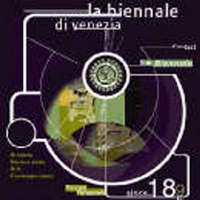
Chiara è la ricerca di un “prossimo capolavoro”. Fuksas, anche se pochi giornali l’hanno capito, con la Biennale ha ritrovato Soleri, un vero “Less Aesthetics more Ethics”. Cosa si aspetta da Next?
(It seems to be clear that in this Biennale you are looking for the “next masterpiece”. Fuksas (but this has not been understood by the majority of the Press) with the Biennale he found again Soleri, the truly “less aesthetics more ethics”. What do you expect from this 8th International Architecture Exhibition?)
Capolavoro è una parola difficile; Rem Koolhaas ne ha parlato in modo divertente nel suo nuovo libro “The Harvard Guide to Shopping”. Dimenticherei i capolavori pur di essere sorpreso, coinvolto e stimolato dalla 8° Biennale di Architettura.
(Masterpiece is a very difficult word; Rem Koolhaas writes about it very amusingly in his new book, the Harvard Guider to Shopping. I would forgot too many masterpieces in exchange for being surprised; engaged and moved by the 8 th Archirtecture Biennale)
articoli correlati
La dichiarazione di intenti di Dejan Sudjic
Il programma delle 8° Biennale di Architettura
link correlati
www.labiennale.org
(NdR. Testo originale in Inglese)
Marco Felici
[exibart]






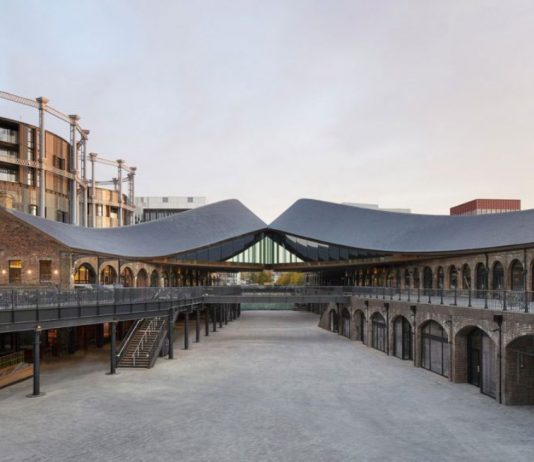
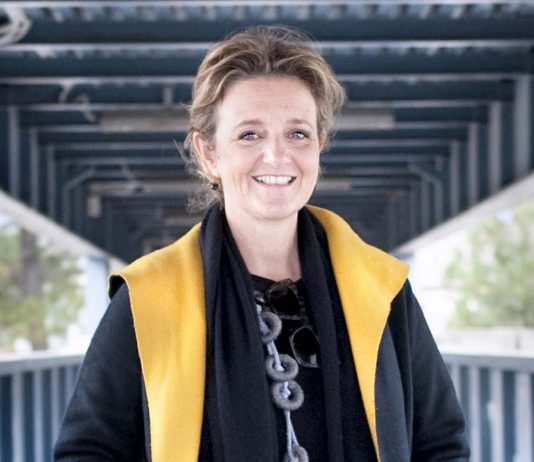


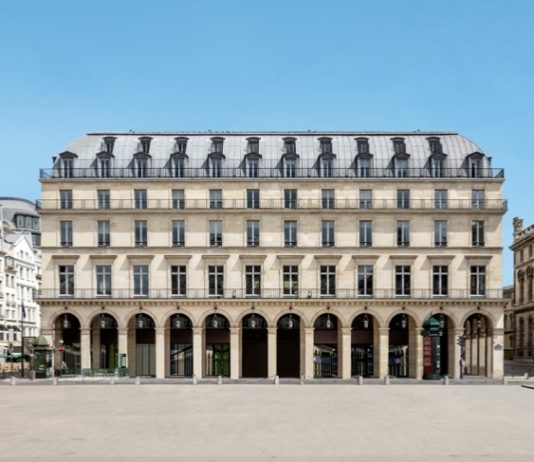


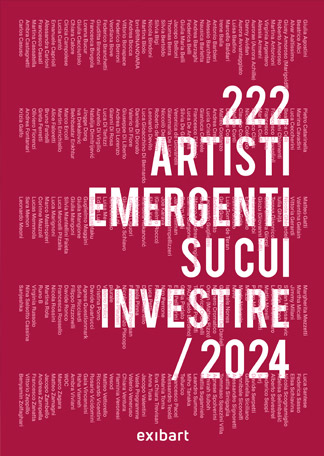


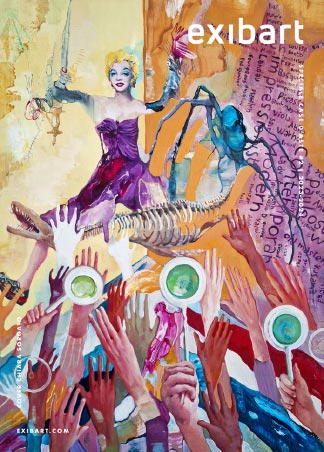
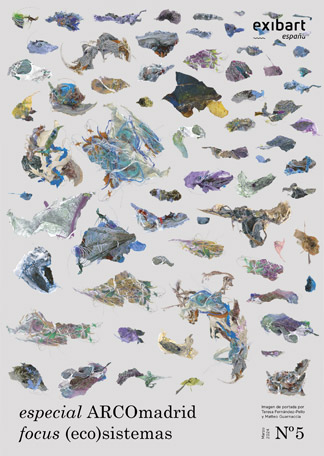
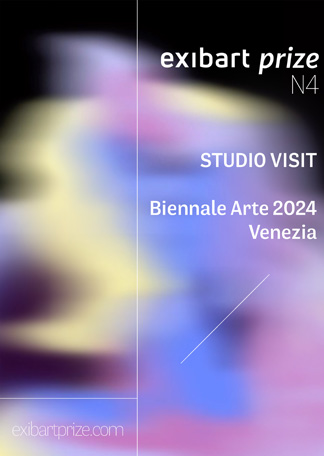
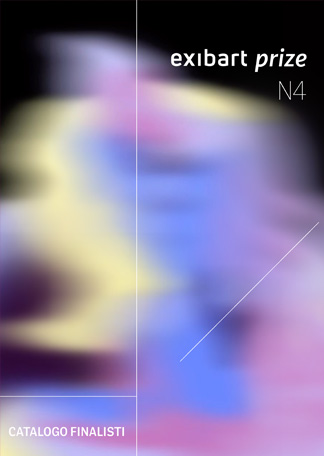





“credo che l’architettura sia troppo importante per essere lasciata solo agli architetti” … siamo tutti pronti per venire a curiosare
in attesa di una tristemente pittorica biennale d’arte speriamo che gli imput visivi d’inizio 2000 provengano soprattutto dall’archietettura. Io essere muy ottimista.
x Haber:
la biennale si come fonte di “spunti”, ma non solo visivi, perchè la passata edizione sembrava una biennale d’arte anzichè d’architettura … parliamo di progetti, non di ARTE RICICLATA